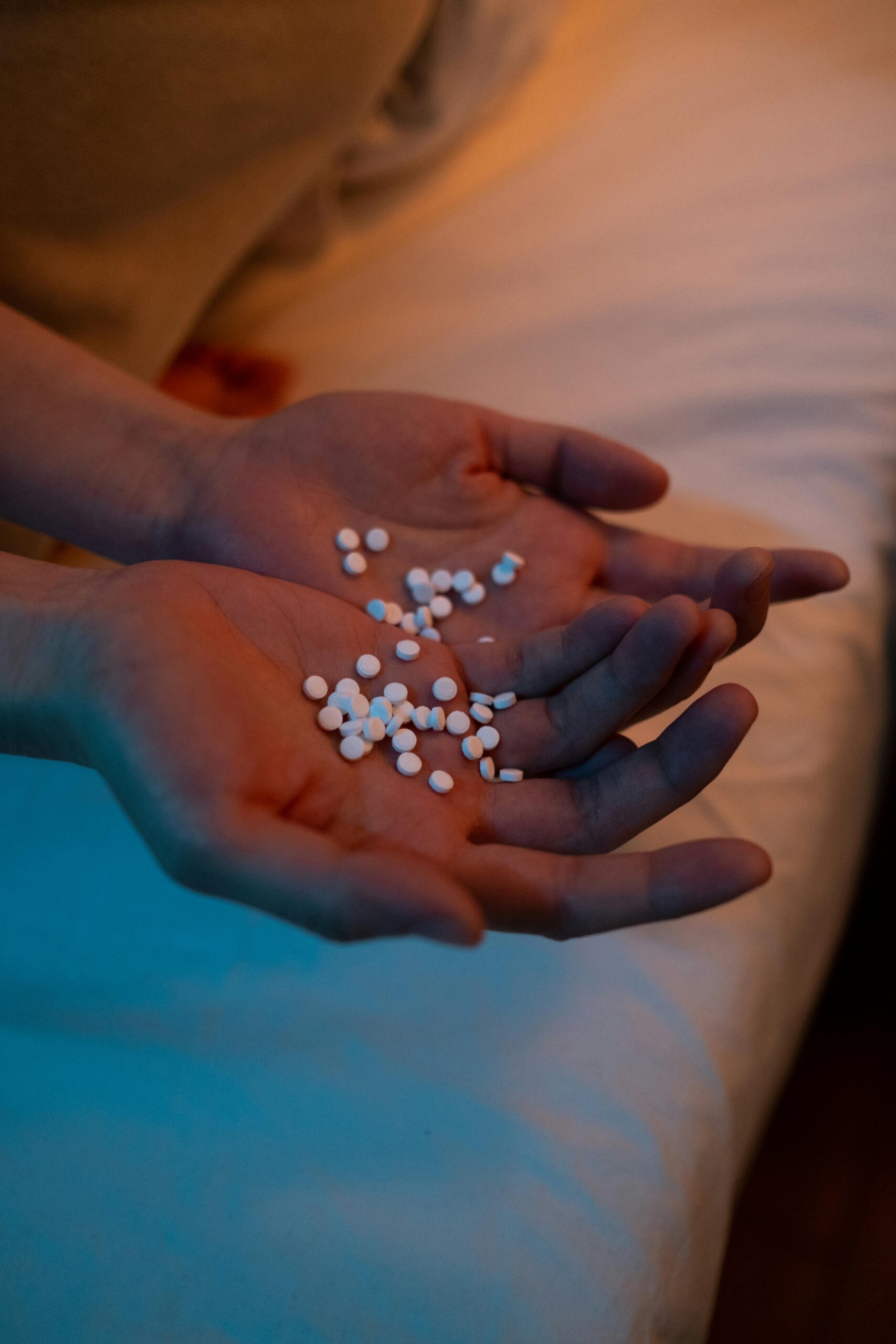Lincoln Medical and Mental Health Center Internal Medicine Residency: A Complete Guide
The Lincoln Medical and Mental Health Center Internal Medicine Residency is one of the most dynamic and diverse programs in New York City. In today’s fast-evolving healthcare environment, understanding what this residency offers can open doors to long-term success in internal medicine. This article explores the full scope of the residency—from core fundamentals to advanced applications—giving future residents a well-rounded overview of what to expect and how to prepare.

Understanding the Fundamentals
The Lincoln Medical and Mental Health Center internal medicine residency provides a structured environment focused on academic excellence, clinical experience, and patient-centered care. Since its inception, it has served as a cornerstone for preparing physicians for board certification and real-world healthcare challenges.
This program’s foundation rests on rigorous training and continuous professional development. Residents not only treat a diverse patient population but also engage in interdisciplinary learning environments—critical for success in any internal medicine residency program.
1.1 Comprehensive Clinical Exposure
At Lincoln Medical and Mental Health Center, residents encounter a wide variety of cases—from routine outpatient visits to complex ICU scenarios. According to recent reports, the hospital sees over 500,000 outpatient visits annually, making it a rich learning ground.
This exposure ensures residents graduate with the skills necessary to diagnose, treat, and manage diverse patient populations. A common misconception is that residency is mostly textbook-based—this program proves it’s rooted in daily, hands-on clinical work.
1.2 Academic Structure and Curriculum
Unlike many internal medicine residency programs, Lincoln integrates research, case conferences, and board prep from the first year. This structured approach sets it apart by combining rigorous academics with day-to-day medical practice.
Residents benefit from weekly didactics, morning reports, and direct faculty mentorship. These elements elevate the learning experience, offering the perfect mix of theory and practice.
Practical Implementation Guide
Applying the principles learned during residency training is vital to a physician’s long-term success. The Lincoln Medical and Mental Health Center internal medicine residency is designed to facilitate this transition through real-time problem-solving and patient care.

2.1 Actionable Steps
- Step 1: Application and Interviews: Submit your ERAS application with strong USMLE scores, a compelling personal statement, and letters of recommendation from U.S. hospitals.
- Step 2: Document Preparation: Ensure ECFMG certification, visa documentation (for IMGs), and complete medical school transcripts are in place.
- Step 3: Orientation and Rotation Scheduling: Upon acceptance, participate in orientation and create a rotation plan that includes electives, inpatient, outpatient, and ICU assignments.
2.2 Overcoming Challenges
Residents face several common challenges during training:
- Burnout: Prioritize mental health by engaging in wellness activities and seeking peer support.
- Time Management: Use digital planners and block scheduling to optimize daily tasks.
- Communication Gaps: Practice SBAR (Situation, Background, Assessment, Recommendation) techniques to enhance interdisciplinary dialogue.
Proactively addressing these hurdles leads to smoother transitions and increased confidence in clinical decision-making.
Advanced Applications
As residents gain experience, they progress into more complex areas of internal medicine. The Lincoln Medical and Mental Health Center internal medicine residency supports this growth by offering advanced clinical rotations and scholarly activities.

3.1 Leadership in Critical Care
Senior residents manage entire ICU teams, including intubation, sepsis protocols, and ventilator settings. This intensive experience enhances their diagnostic accuracy and decision-making under pressure.
Studies show that Lincoln graduates outperform peers in emergency care response times, a testament to their thorough training in critical care management.
3.2 Research and Quality Improvement
Residents can participate in NIH-funded studies, present at national conferences, and contribute to quality improvement initiatives that directly impact patient care outcomes.
Integration with EMRs and data analysis tools allows seamless tracking of patient metrics, leading to more informed medical decisions and publication-ready data sets.
Future Outlook
The future of internal medicine is bright, and Lincoln’s residency program remains ahead of the curve. Telemedicine, AI-driven diagnostics, and global health rotations are all being incorporated to keep residents at the forefront of healthcare innovation.
With projected increases in chronic disease management needs and aging populations, the demand for well-trained internists is only growing. Residents who train at Lincoln are strategically positioned to meet these evolving challenges.
Conclusion
In summary, the Lincoln Medical and Mental Health Center internal medicine residency provides:
- Extensive clinical exposure to diverse medical conditions
- Academic rigor combined with practical application
- Opportunities for leadership, research, and professional growth
This residency is not just a stepping stone—it’s a launchpad for an impactful career in internal medicine. Take the next step and explore what this unique program can offer your medical journey.
Frequently Asked Questions
- Q: What is the Lincoln Medical and Mental Health Center internal medicine residency? It is a three-year accredited residency program in New York City offering hands-on training in internal medicine through diverse clinical experiences and academic learning.
- Q: How do I get started with the application process? Start by submitting your application via ERAS with a strong personal statement, USMLE scores, and recommendation letters.
- Q: How long does the residency program last? The internal medicine residency at Lincoln spans three years, with each year building progressively on clinical and academic skills.
- Q: What is the cost of attending this residency? While there is no tuition, residents are paid a salary that varies based on PGY level; housing and living costs depend on NYC rates.
- Q: How does it compare to other NYC residency programs? Lincoln offers more diverse clinical exposure and strong mentorship than many comparable urban programs.
- Q: Is the program technically challenging? Yes, but it’s well-supported with faculty guidance, peer mentorship, and structured learning modules.
- Q: Can I specialize after completing the residency? Absolutely. Graduates often pursue fellowships in cardiology, gastroenterology, nephrology, and more.
